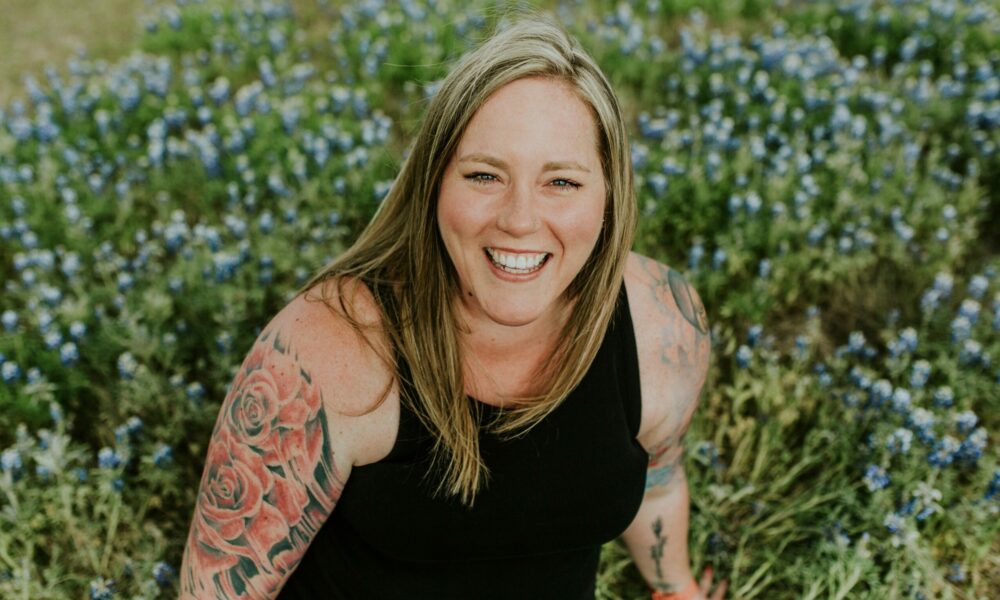

Today we’d like to introduce you to Julie Burke.
Hi Julie, we’re thrilled to have a chance to learn your story today. So, before we get into specifics, maybe you can briefly walk us through how you got to where you are today?
I love this question…largely because it’s hard to pinpoint where to start–which I suppose is the beauty of sharing my story. I’ll do a fast track starting in undergrad, I suppose. I’m one of the lucky ones who had an idea of what I wanted to do from a young age…I knew I wanted to help people, but I didn’t quite know what that looked like. Needless to say, 18-year-old Julie figured, “…if I want to work with people, psychology is about people…maybe I should study psychology?” So, I did and I LOVED it. A little less than halfway through my undergraduate degree, I was working at a chain restaurant–which was SO fun, but also didn’t seem to align with my future goals; so, in an attempt to find a job as a nanny, I discovered many job postings looking for tutors/advocates/support for autistic adolescents. At the time, I had not heard of autism, but figured it was worth looking into. I worked as a personal tutor/assistant for two autistic teenagers with intellectual disabilities for 4+ years and absolutely loved it. I still keep in touch with both of these individuals (10+ years later) and it was an absolutely transformative experience for me and my life.
Post-graduation with a BA in Psychology, I started working at a state-funded facility with adults with intellectual & developmental disabilities–this was easily one of the most rewarding and undoubtedly the most difficult jobs I’ve ever had. I worked primarily with Board Certified Behavior Analysts (BCBAs)–which was a career I flirted with the idea of pursuing, but came to a difficult (and at times, unwelcome by my colleagues) decision that I needed to go in a different direction. There was one person at that facility who was a Licensed Professional Counselor (LPC)–she was able to support the residents at the facility with their social-emotional needs and support their well-being in a way that felt more warm, less rigid, and generally just seemed more aligned with what I wanted to do longterm. Ah-ha! I figured out what I wanted to do. I applied to St. Edward’s University to their counseling program, was accepted, and proceeded to work full-time at this facility while I went to grad school part-time…needless to say, I was BUSY.
Upon graduation with an MA in Counseling, I left the facility with the adults with special needs. After 4.5 years working there, I was devastated and heartbroken to leave and was experiencing complete burnout and ultimately knew my career would not advance if I remained working there. At this point in time, I began working part time at a private school and a few months later, began working at a group practice and started my journey to become a licensed professional counselor. Here I am, 6.5 years later; I am a fully licensed LPC, have had my private practice for just over 2 years now. I have immense gratitude for myself, the journey I took to get here, and the people who supported me along the way. What a whirlwind and what a wonderful thing to reflect on.
Would you say it’s been a smooth road, and if not what are some of the biggest challenges you’ve faced along the way?
Before doing this interview, I was listening to a podcast by Brene Brown…something that I frequently do. Anyway, thinking about the obstacles I’ve faced makes me think of a life hack she regularly includes in her stories: “between stimulus and response, there is a space–that space is our power to choose a response”. Most of my life, I don’t think I really understood the fact that I had permission to choose a response; I spent a lot of my professional career in a scarcity mindset for a variety of reasons, which often led me to go from stimulus-to-response, stimulus-to-response, stimulus-to-response…which ultimately backed me into a corner of feeling burnt out and running on empty more often than not. Unfortunately, with the scarcity mindset, the only way out of it is to just keep moving. At least that’s what I thought throughout undergrad, grad school, and for a couple of years after graduation, too. Oof.
Challenges I’ve experienced also include navigating personal heartbreak and grief, too. Different setbacks I experienced included: not getting into one of the schools I applied to for grad school (which felt like a HUGE rejection and instantly fueled imposter syndrome), managing heartbreak from romantic relationships, supporting people in a professional way while processing deaths of loved ones…it’s tough at times…and still continues to be tough. I’m not sure navigating that balance will ever go away…I think I’ve just become more attuned with my needs and how to advocate for myself in a way that feels authentic (and isn’t fueled by scarcity).
Appreciate you sharing that. What should we know about Violet Crown Therapy?
Violet Crown Therapy was officially born on August 8, 2020–just over two years ago! As an Austin-native, I wanted to choose a company name that was an homage to me and where I grew up and also something that celebrates something special about Austin–the violet crown city. I am an LPC and work with clients who want/need space to explore authenticity, connection, and/or vulnerability in some capacity. For transparency’s sake…I keep writing sentences about the work that I do and erase it because nothing seems to capture the sacredness and beauty of the individual relationships I have with the clients I have the honor of working with. Maybe that sounds trite or cliche; however, it is absolutely true.
In my work, I am the master secret keeper and space holder and supporter and challenger of the people that I work with. I support people who are trying to navigate their identity, help people learn they have needs (and to name what they are), and show people that vulnerability can be a pain in the ass AND is a beautiful thing to give yourself (and others–if/when it feels appropriate to do so). I work with individuals, relationships, and families–and can work with people as young as 12/13 and have worked with people in their 80s.
It is TRULY an honor to do what I do and be in this work.
What would you say has been one of the most important lessons you’ve learned?
Geez…the first thing that came to mind was “the importance of just being human, “…which I feel might instantly seem like a “Duh, Julie” thing to say…but for various reasons (that I’ll explain in a few), this wasn’t an easy thing to manage…at least at first. Throughout my time in grad school and then at the group practice I worked at, I got messaging (in one way or another) that communicated: don’t share your personal life with the client…it’s ALL about them, always…and if you share things about yourself, it’ll then be about you & not them. Going back to what I said about Brene Brown–I took this to heart and the information I received told me: “don’t share yourself with others,”–so the response was that I didn’t. As a heavily tattooed person, I wore cardigans and jeans with clients and made sure I “looked like a therapist”–I figured if I looked the part, then I’d be the part. And I also had worries that if people saw my tattoos, they may think I’m unprofessional and would not want to work with me. I feel a lot of sadness and compassion for that younger version of me.
I’m not sure what changed…probably time, confidence, and understanding what authentic connection looked/felt like to me…and realizing that what I was doing did NOT feel like authenticity. Needless to say, I started sharing parts of my life with clients (only if it felt appropriate to do so)–which has turned into a rule with the people I work with (especially the teens!) that they are, indefinitely, allowed to ask me anything. Granted this does NOT mean I’ll answer their questions (if they’re not appropriate). However, no question has been asked that hasn’t been able to be answered to date. I also started showing my tattoos and having it be part of my professional identity–in fact, I was once referred to as a tattooed Disney princess (which I proudly have listed on my website).
So yeah…this feels like a whirlwind way to say that the most important lesson I learned was how to be me. I don’t have a “therapy voice” or “therapy cardigans” or things like that…and I do NOT fault people who operate that way. I just learned, for me, that authenticity and connection with clients was best when I was able to show up as just me.
Contact Info:
- Website: www.violetcrowntherapy.com
- Instagram: www.instagram.com/violetcrowntherapy/
- Facebook: www.facebook.com/violetcrowntherapy
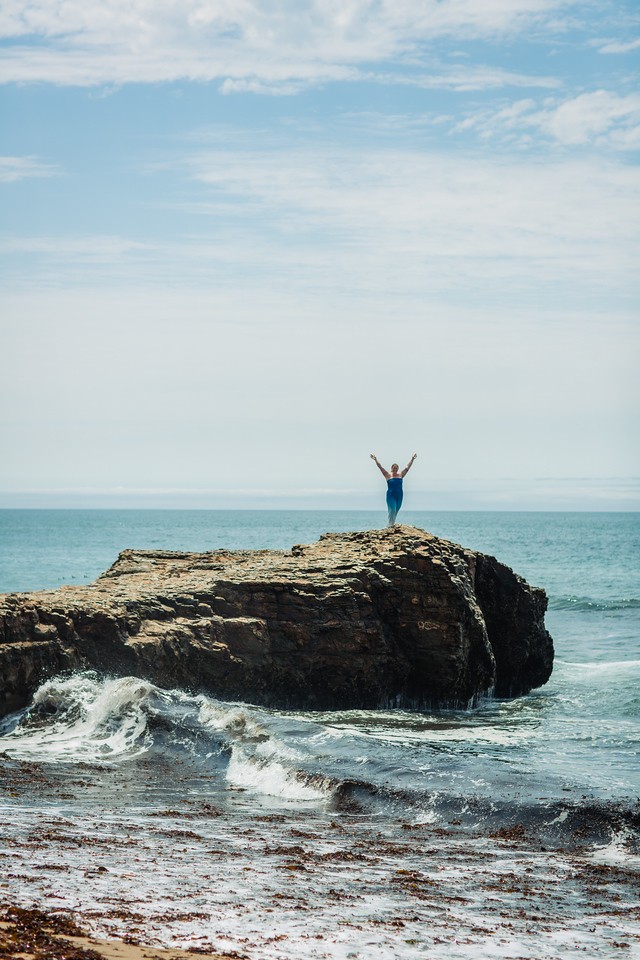
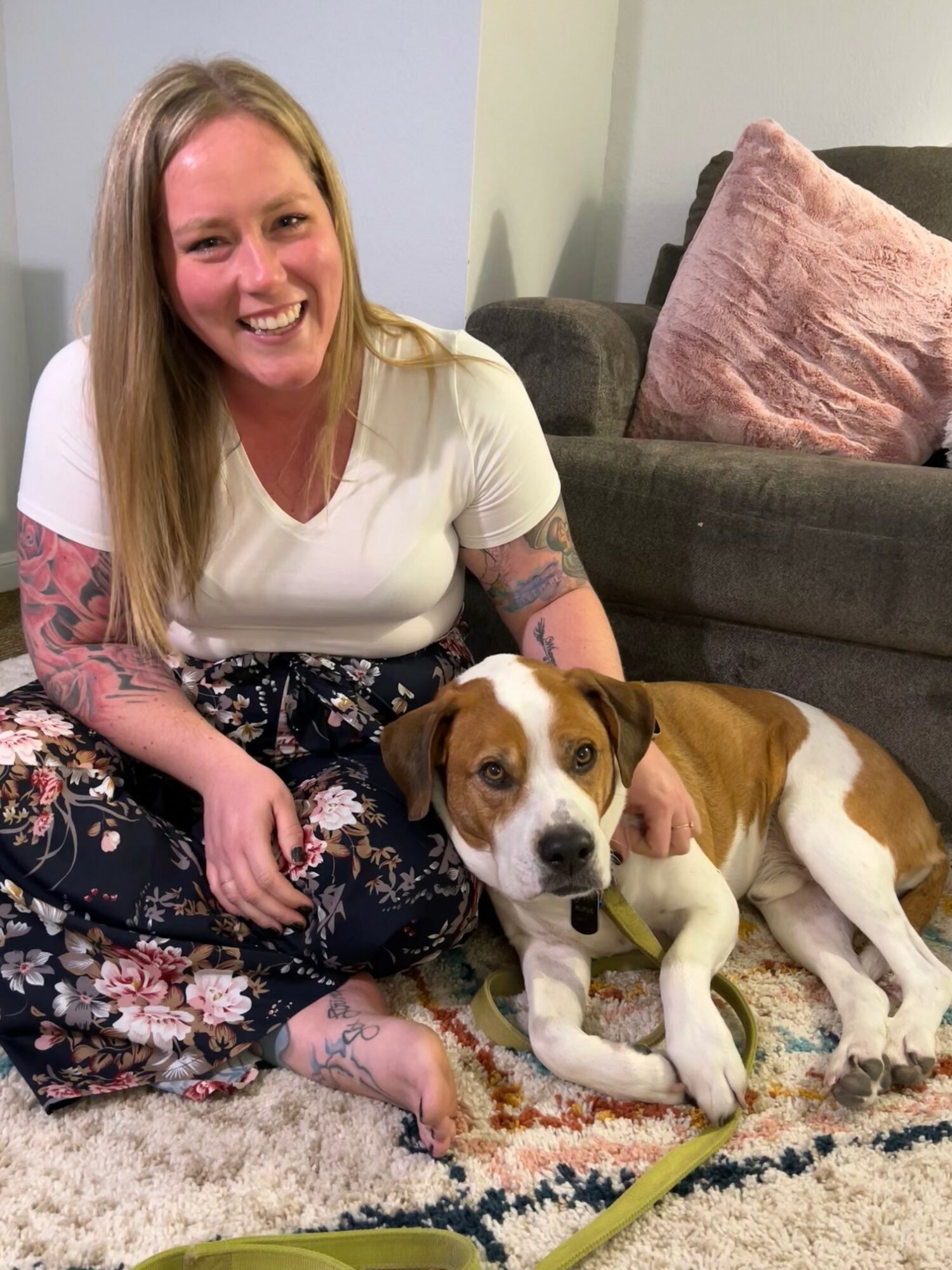
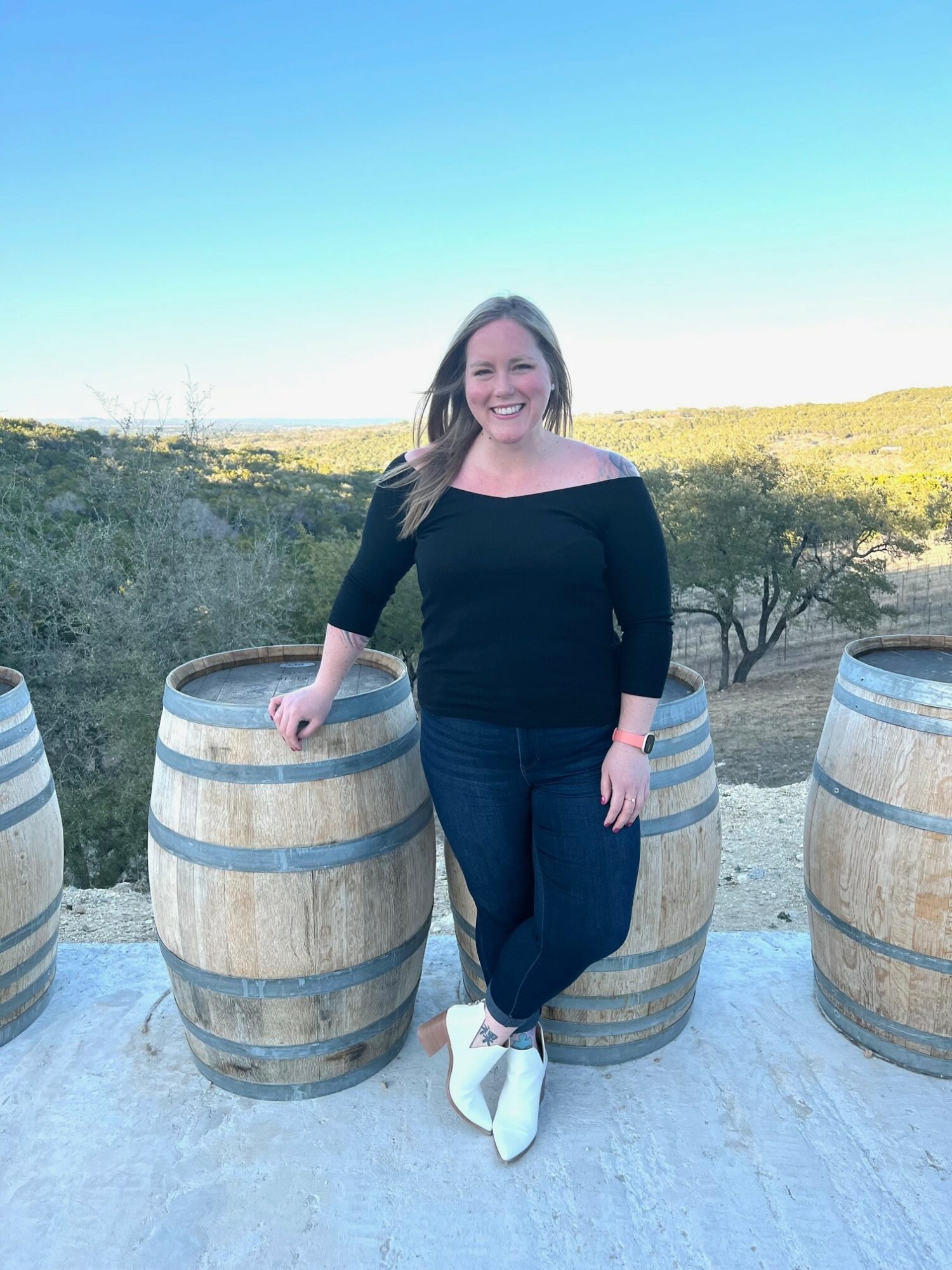
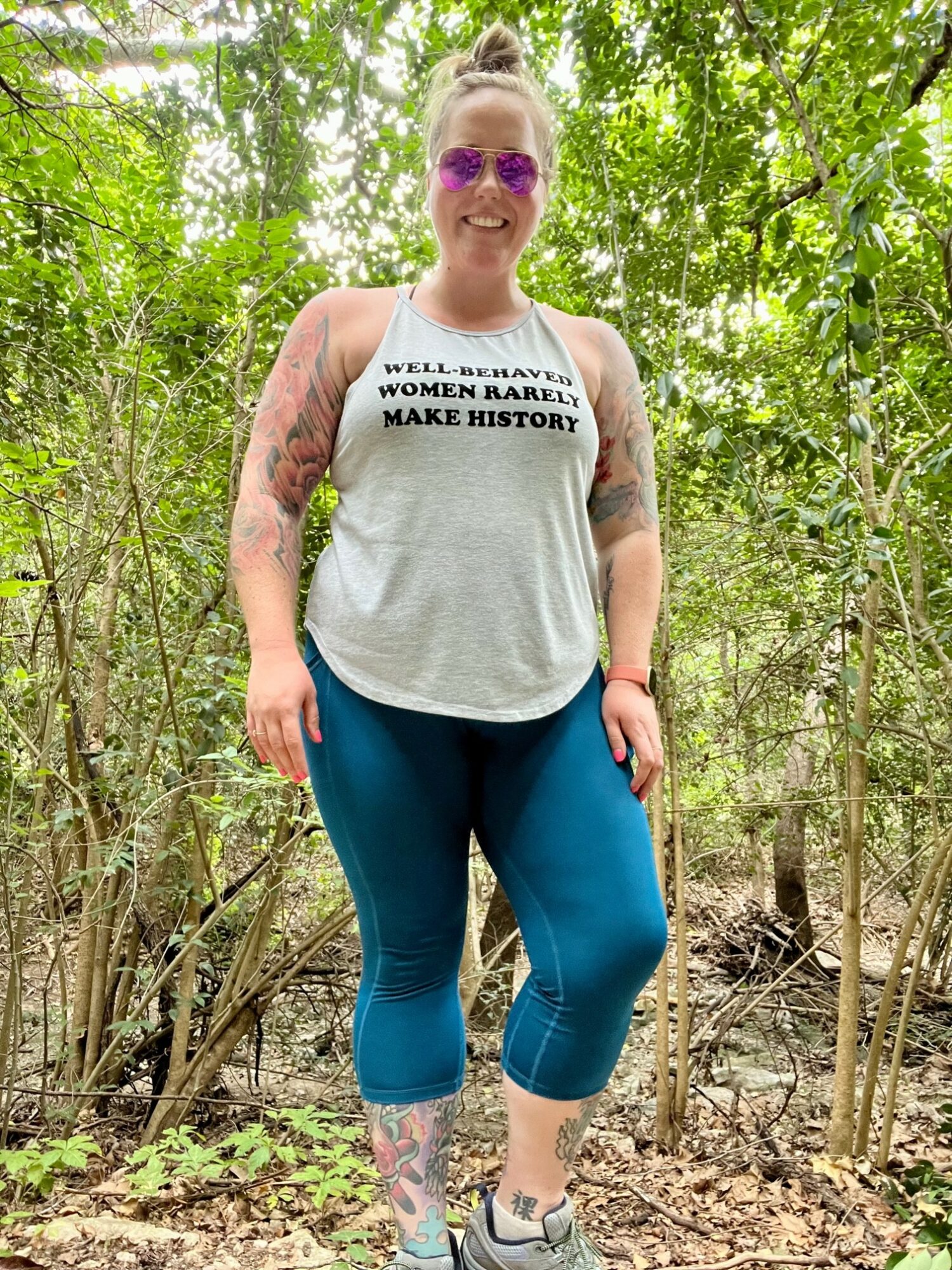
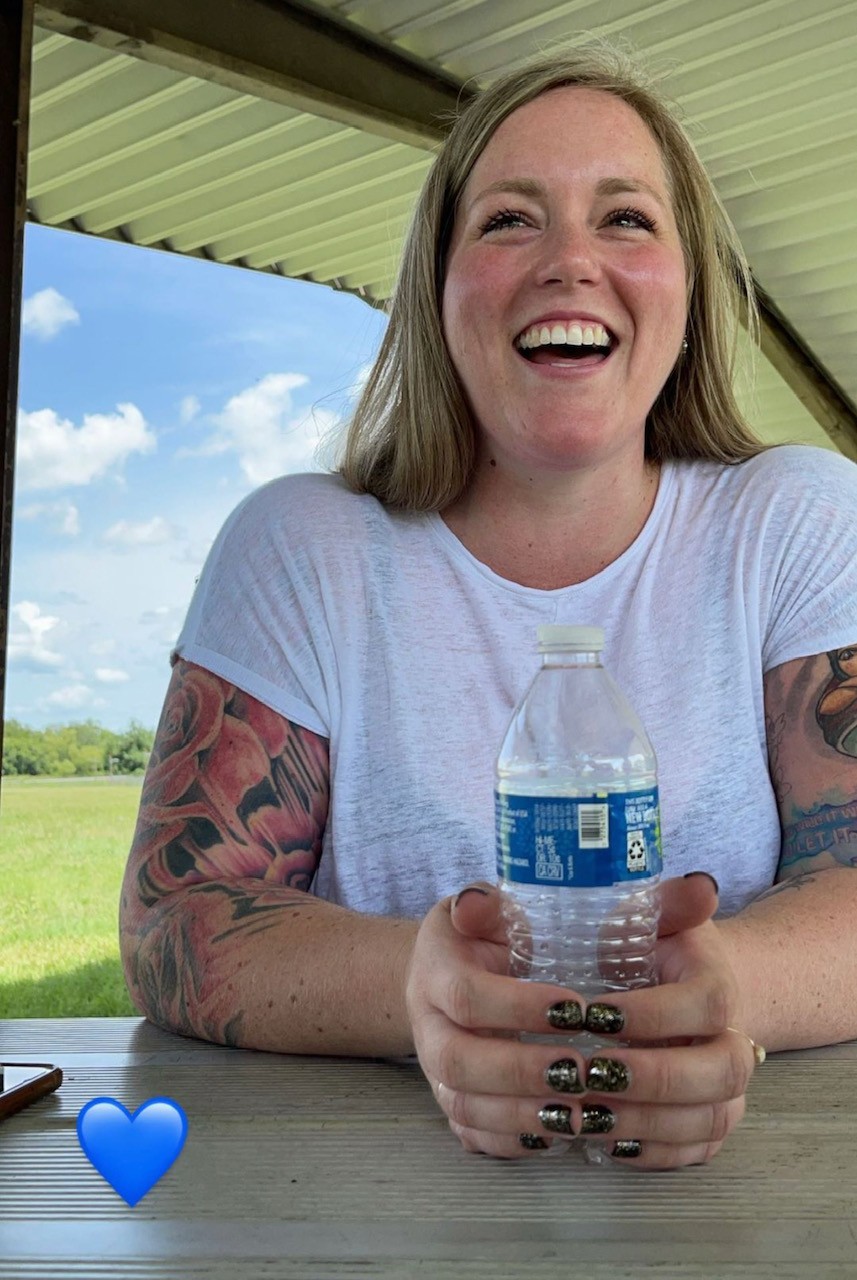
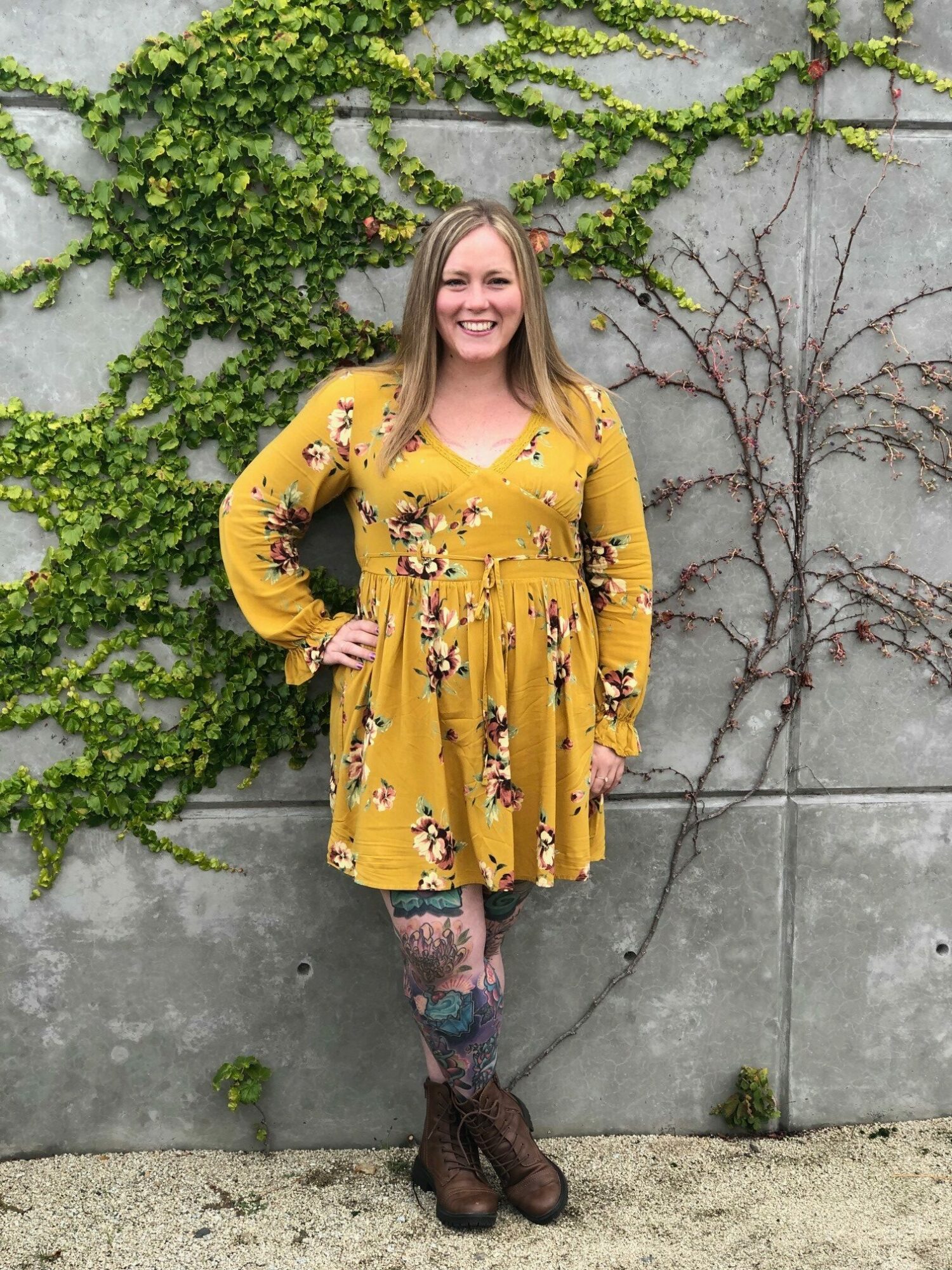
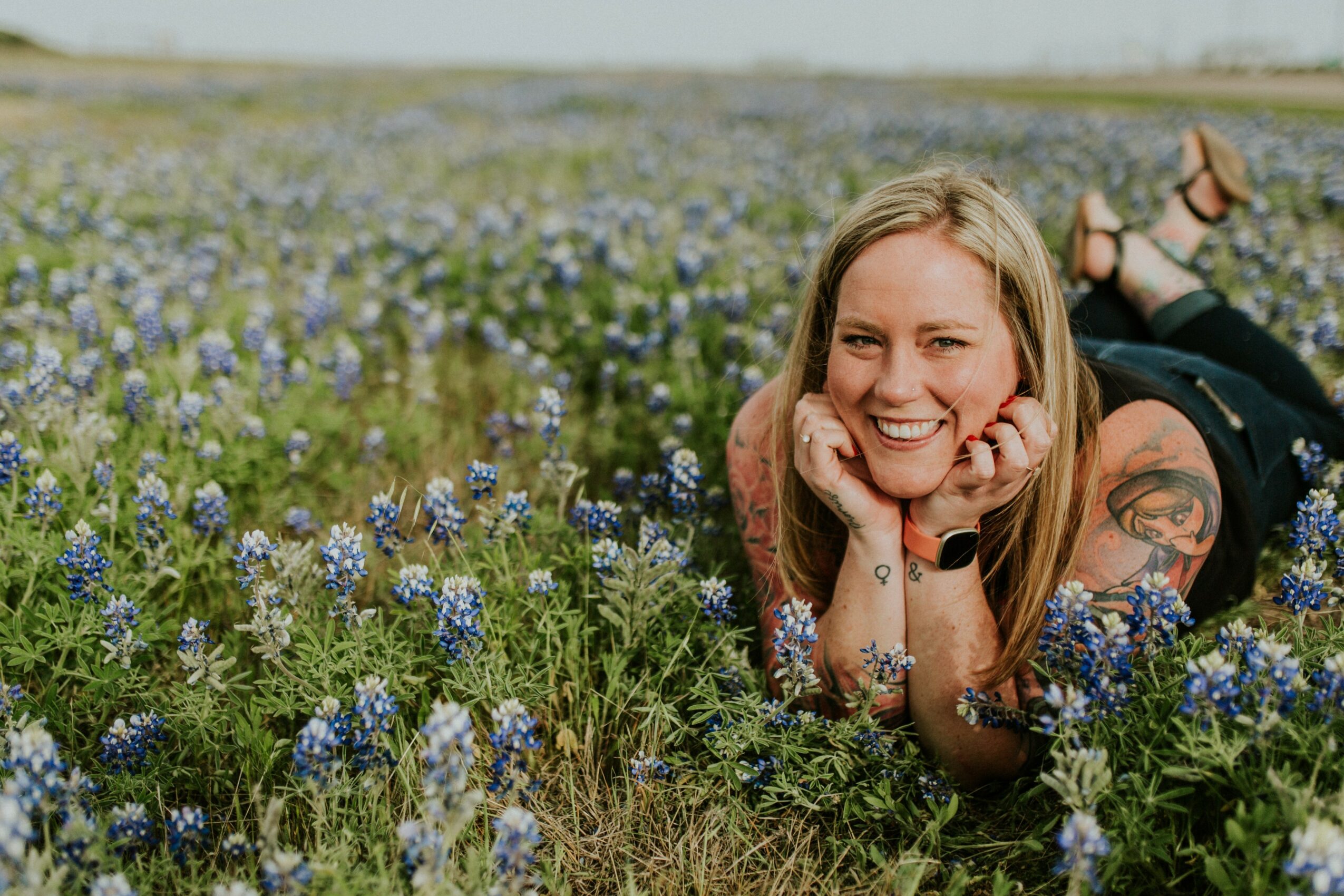
Image Credits
Misty Ranae Photography










